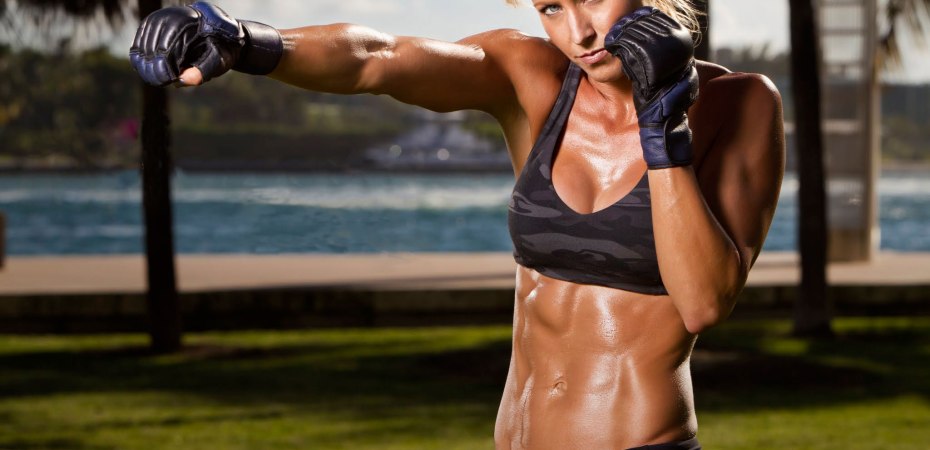Vegetarianism and more specifically the vegan lifestyle has gotten quite a lot of mainstream attention nowadays with thousands upon hundreds of thousands of people converting from a conventional diet plan to a plant-based one.
Different people have different reasons – some do it because they love animals; others because of ecological reasons; and third because they believe that vegetarianism is a healthy diet plan.
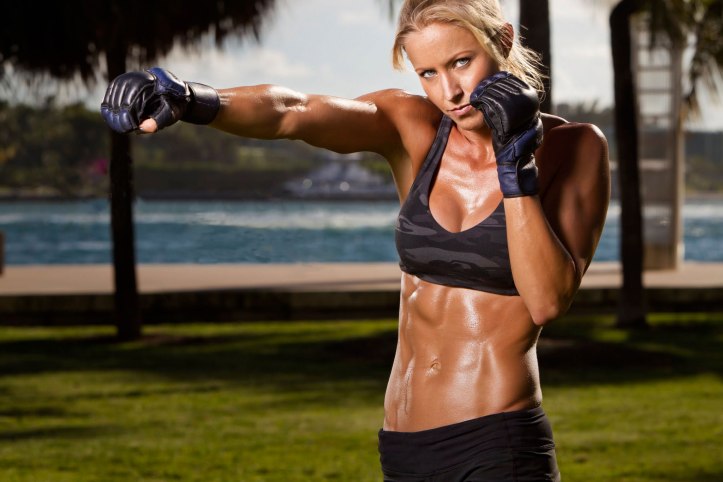
One of the most famous issues that most vegans are confronted with nowadays is whether or not they can build and maintain an aesthetic physique without the consumption of meat.
I have even heard of people who forcefully do not go on a vegetarian diet simply because they are afraid that they are going to lose their muscle mass or bone density.
I think that one of the main reason for this fear is due to the high number of people on the internet who bash on vegetarianism claiming that one cannot build muscle without the consumption of meat because meat contains important amino acid compounds that promote muscle growth.
While it is true that meat does contain valuable and strong essential amino acids that help with muscle growth and development, testosterone production, and energy distribution, it is not a necessity.
The two main issues that I am going to address in this article will be 1) nutrition; and 2) supplementation. We are not going to focus much on your workout regime simply because nothing changes when you transition to a vegan or vegetarian lifestyle. You should maintain the same level of intensity and consistency as before.
Nutrition
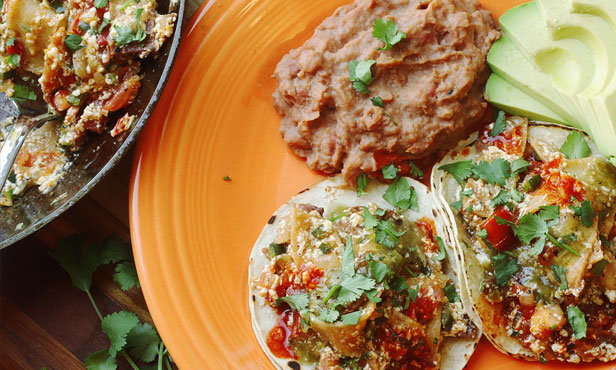 Nutrition quite genuinely is the front line of attack that “omnivores” go for when trying to bash on vegetarianism.
Nutrition quite genuinely is the front line of attack that “omnivores” go for when trying to bash on vegetarianism.
There are many claims made but the one that stands out the most is “You are not getting enough protein from a plant-based diet” and is probably the best known accusation out there.
Yes, it is true that when you are on a plant-based diet allocating protein can be pretty hard, but not impossible.
Here is a quick list of 7 vegan foods that are high in protein:
- Lentils – 9 grams of protein per 100g
- Tofu – 8 gram of protein per 100g
- Kidney Beans – 15 grams of protein per 100g
- Oats – 14 grams of protein per 100g
- Peanuts – 26 grams of protein per 100g
- Chickpeas- 19 grams of protein per 100g
- Soy Milk – 7 grams of protein per glass
And these are just to name a few.
Let’s not forget that these foods are also packed with valuable micronutrients such as vitamins and minerals and also deliver a lot of dietary fiber that will keep your tummy full and satisfied.
A major issue, however, that vegans/vegetarians are confronted with is stacking calories.
It’s just hard to do.
As I’ve already mentioned, most foods in a vegan diet are quite high in fiber making it hard to eat lots of it. Furthermore, most of them are pretty low in calories – which is a good thing when you’re trying to lose weight, but not so much when you’re trying to gain muscle mass because you need to be on a caloric surplus.
As a result a lot of people tend to overindulge on sugary foods just so that they can amp up their caloric consumption and as a result end up gaining a lot of body fat, which is bad.
Do not fret!
There are plenty of high-caloric foods out there that are suitable for a vegan diet that will help you reach your daily calorie goals.
Here is a quick list:
- Avocados – 160 calories per 100g
- Dark Chocolate – 600 calories per 100g (with just 20g of sugar = 2 bananas)
- Peanut Butter – 588 calories per 100g
- Coconut Milk – 230 calories per 100ml
- Bagel – 250 calories per 100g
And again, these are just to name a few!
Here is where things get a little bit tricky as we are going to move away from macro-nutrition and micro-nutrition and we dive deeper in the field of food and we examine the building blocks and chemical elements that make up those foods.
Of the biggest minuses of being on a plant-based diet is the lack of specific amino acids such as creatine branch-chained amino acids (BCAAs) and Beta-alanin. All of these are valuable if one wishes to build an impressive physique.
The goods news is that the modern age of science and nutrition has bestowed upon us a gift that we often take for granted.
That gift being – Supplementation.
Supplementation
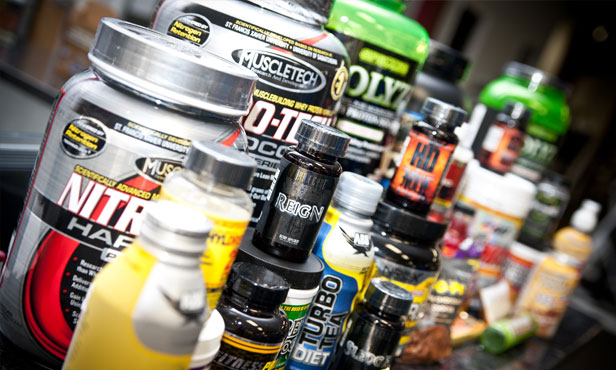
Supplements have given us an opportunity to push our bodies to their full potential and operate at almost full capacity so that we achieve the best fitness results.
This applies to both vegans and non-vegans.
In this section of the article we are going to go through 4 key supplements for vegans and vegetarians.
1. Protein
One of the biggest disadvantages of being a vegan is protein.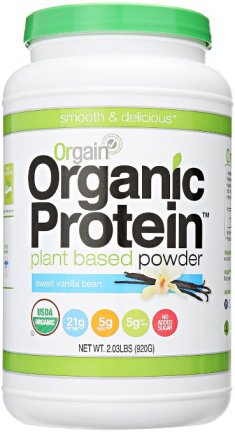
The goods news is that according to recent research the idea that plant-based foods contain incomplete and non-essential amino acids has been proven to be false.
As we have already discussed in the article – there are many foods out there that help deliver a somewhat good dose of protein. The issue that persists, though, is that obtaining those nutrients can be very hard when you are on a plant based diet for one main reason – high dietary fiber content.
Foods that are high in fiber make your diet pretty hard to carry out, especially when you are trying to consume a good amount of protein on a daily basis.
Here is where vegan protein powder comes into play.
If you haven’t heard already, yes, there is vegan protein powder – a product where the protein of foods such as peas, rice and soya is extracted into a powdered form and is ready for easy consumption.
A really good plant-based protein powder: Organic Plant Based Protein Powder
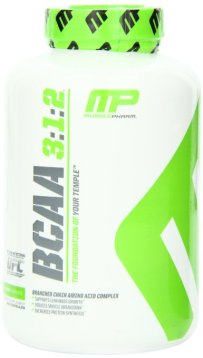 2. BCAAs
2. BCAAs
Branched-chain amino acids are known to regulate protein metabolism. They promote muscle growth (protein synthesis) and suppress muscle loss (protein degradation).
Furthermore, BCAAs serve as a powerful energy source during our workout.
As a result, when a BCAA product is taken before or after going to the gym can improve recovery of damaged and tired muscles.
Really good BCAAs: Muscle Pharm BCAA
3. Creatine Monohydrate
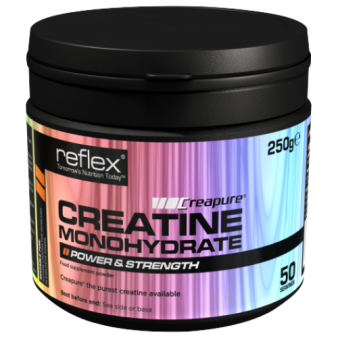 A bigger and more noticeable problem, however, is the lack of creatine in a plant-based diet. This is because the only place from where we can obtain creatine is meat products.
A bigger and more noticeable problem, however, is the lack of creatine in a plant-based diet. This is because the only place from where we can obtain creatine is meat products.
Creatine is an extremely valuable amino acid as it helps lower muscle recovery time, muscle growth, improve bone density, increase brain capacity, increase workout intensity and even improved fat loss.
Creatine monohydrate is every vegan’s hero!
4. Beta-alanine
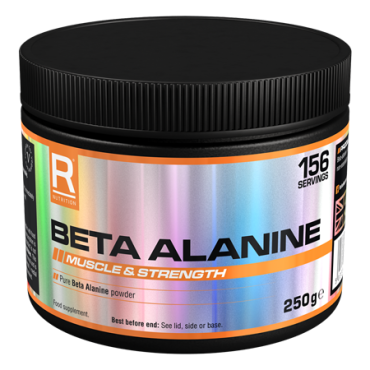 Beta-alanin is a non-essential amino acid that is produced in muscle tissue and has been proven to enhance muscle endurance and diminish fatigue during high-intensity activity.
Beta-alanin is a non-essential amino acid that is produced in muscle tissue and has been proven to enhance muscle endurance and diminish fatigue during high-intensity activity.
Once consumed, it is converted to carnosine and contributes to intercellular buffering. Basically meaning that you can go harder and longer in the gym.
The problem is that carnosine is present in muscle tissue, which means that it can be found primarily in meat products, leaving vegans and vegetarians with fewer and weaker sources.
A study carried out in the FASEB Journal reported that vegans and vegetarians had 50% less carnosine in their muscle tissue compare to omnivores.
Good news is that beta-alanine supplementation can help increase carnosine concentration.
Bottom Line
A mainstream belief is that just because somebody is a vegan or vegetarian they cannot achieve an impressive physique due to the lack of meat in their diet.
While it truly is a bit harder for somebody who is on a plant-based diet to gain and maintain muscle mass, it’s not impossible. As a matter of fact, quite manageable.
All you need is a well constructed diet that is rich in both macro-nutrients and macro-nutrients and a good selection of supplementation that will help fill in the empty gaps created by the plant-based diet.


